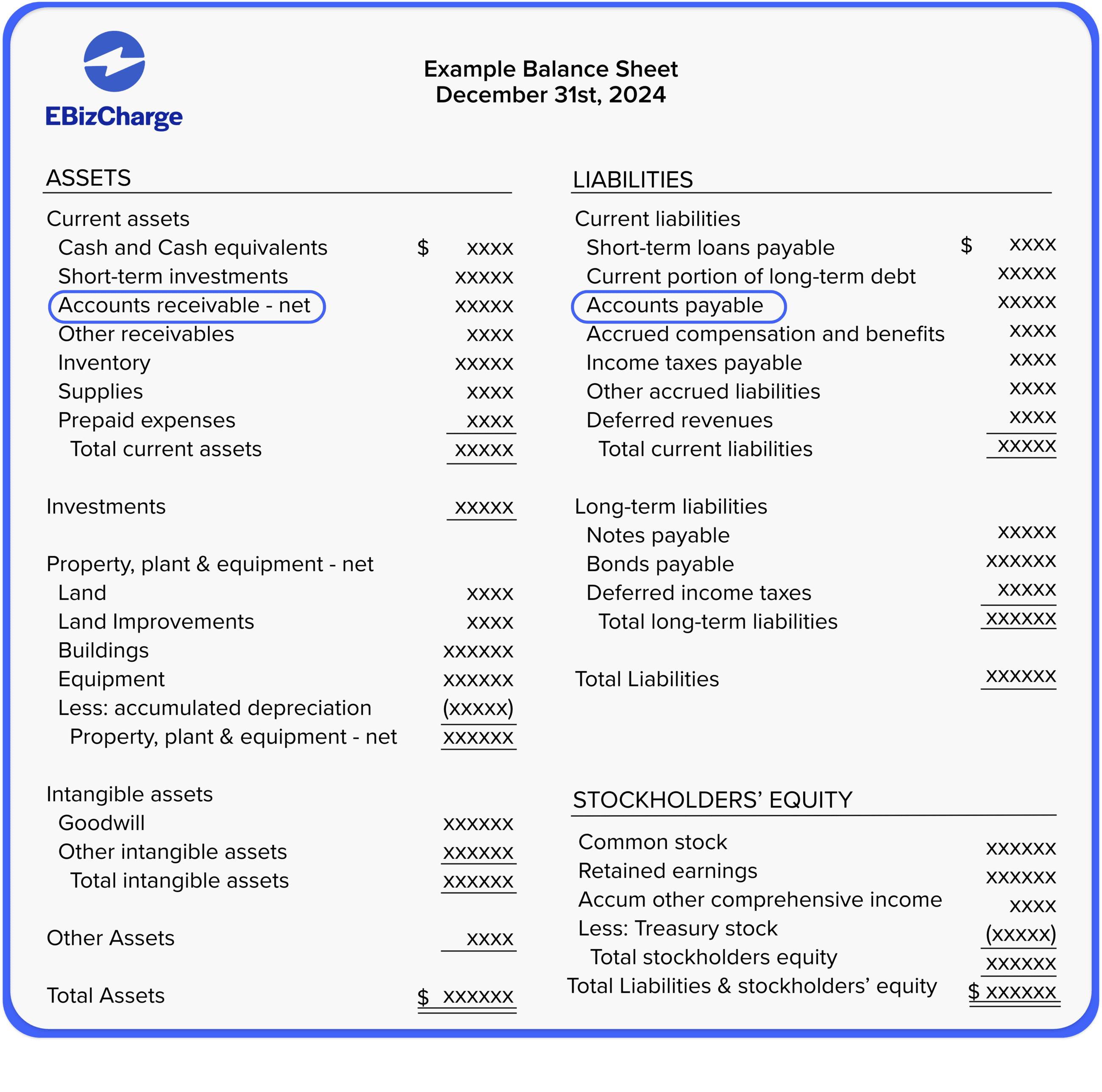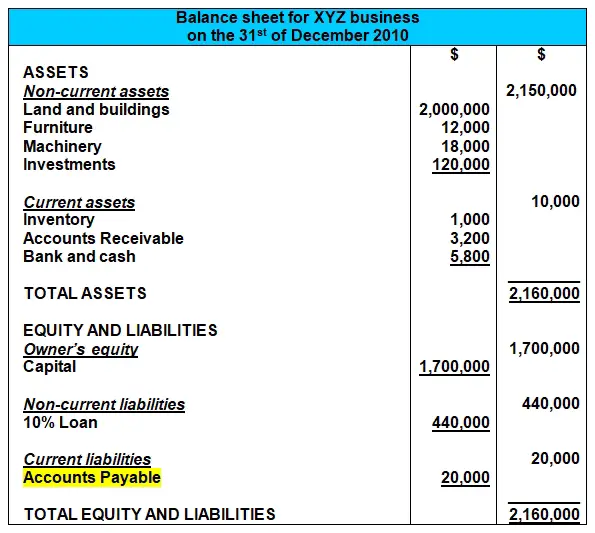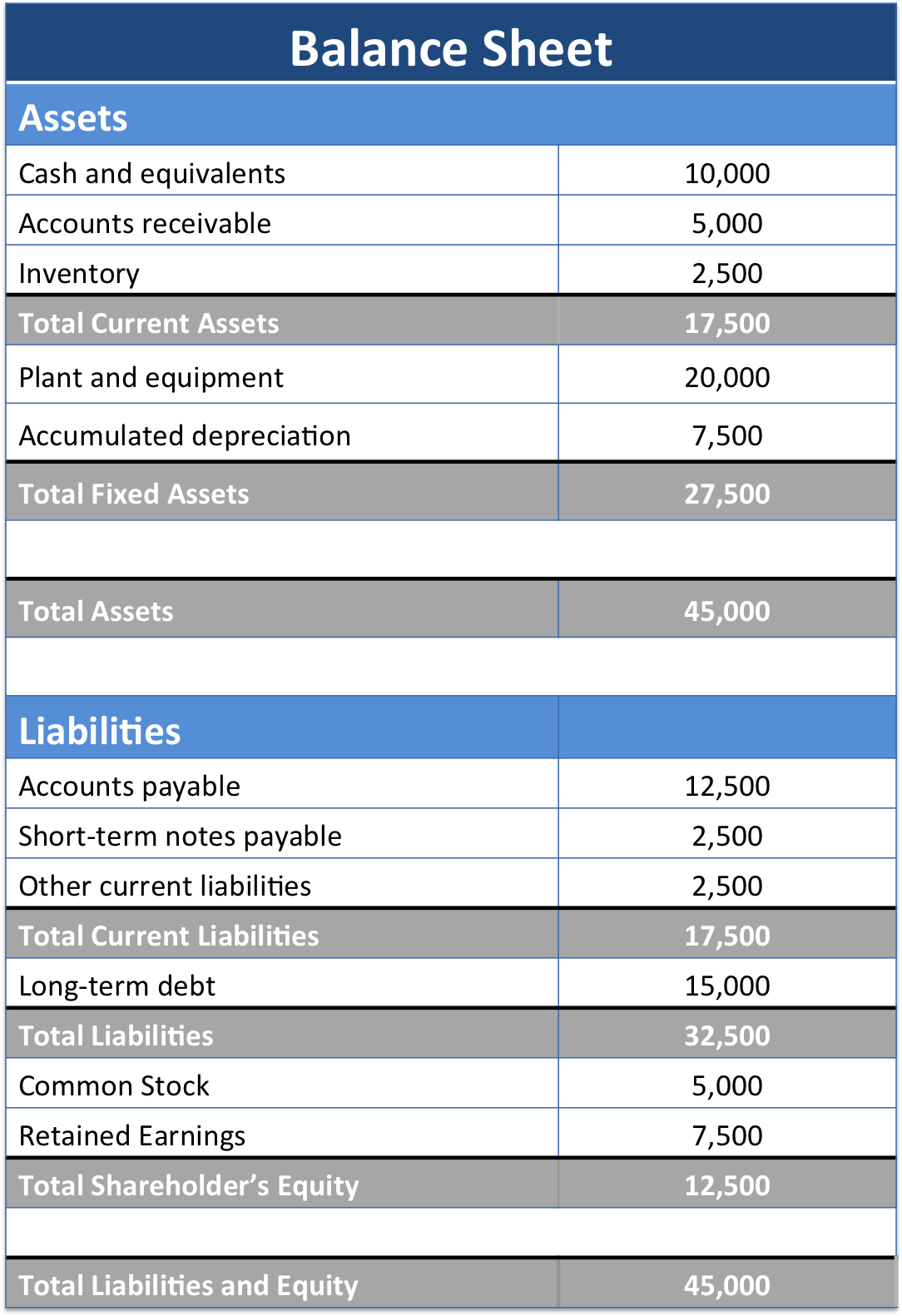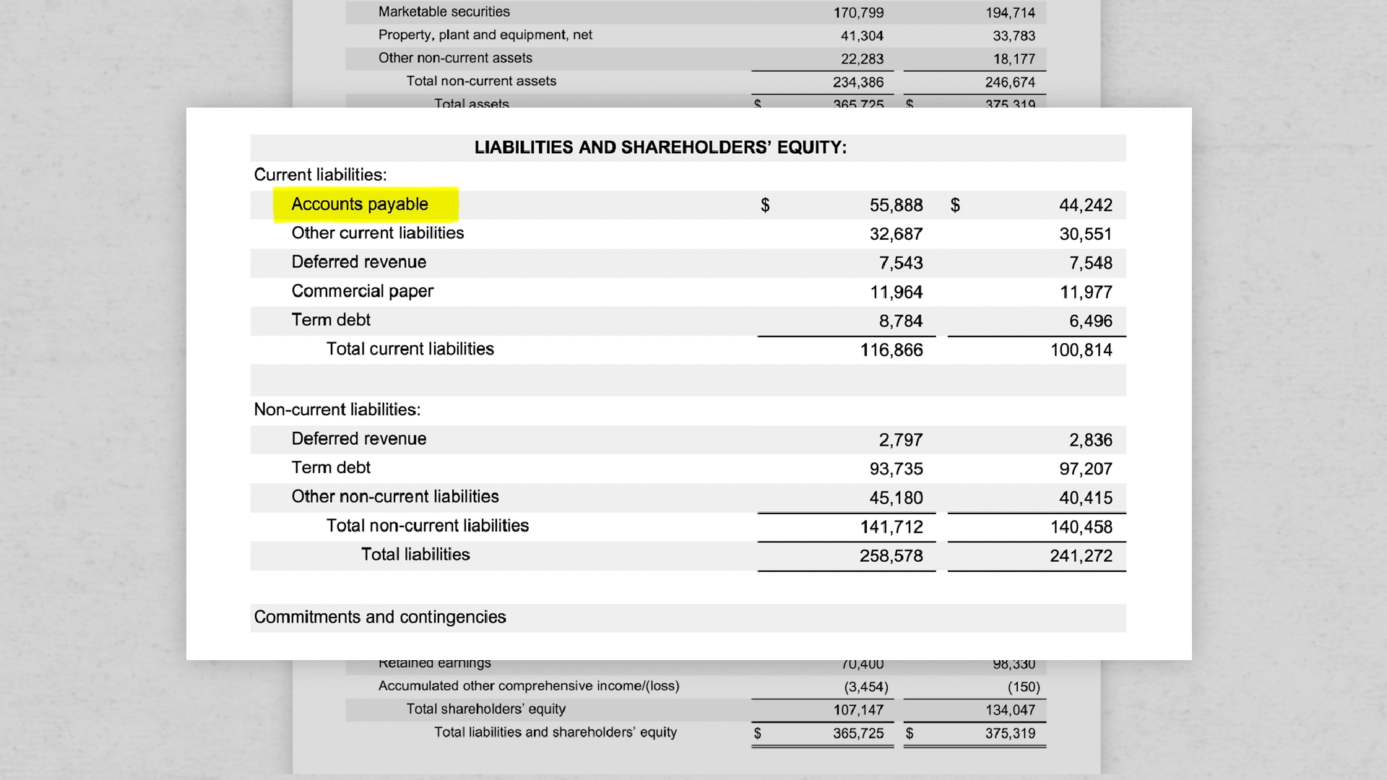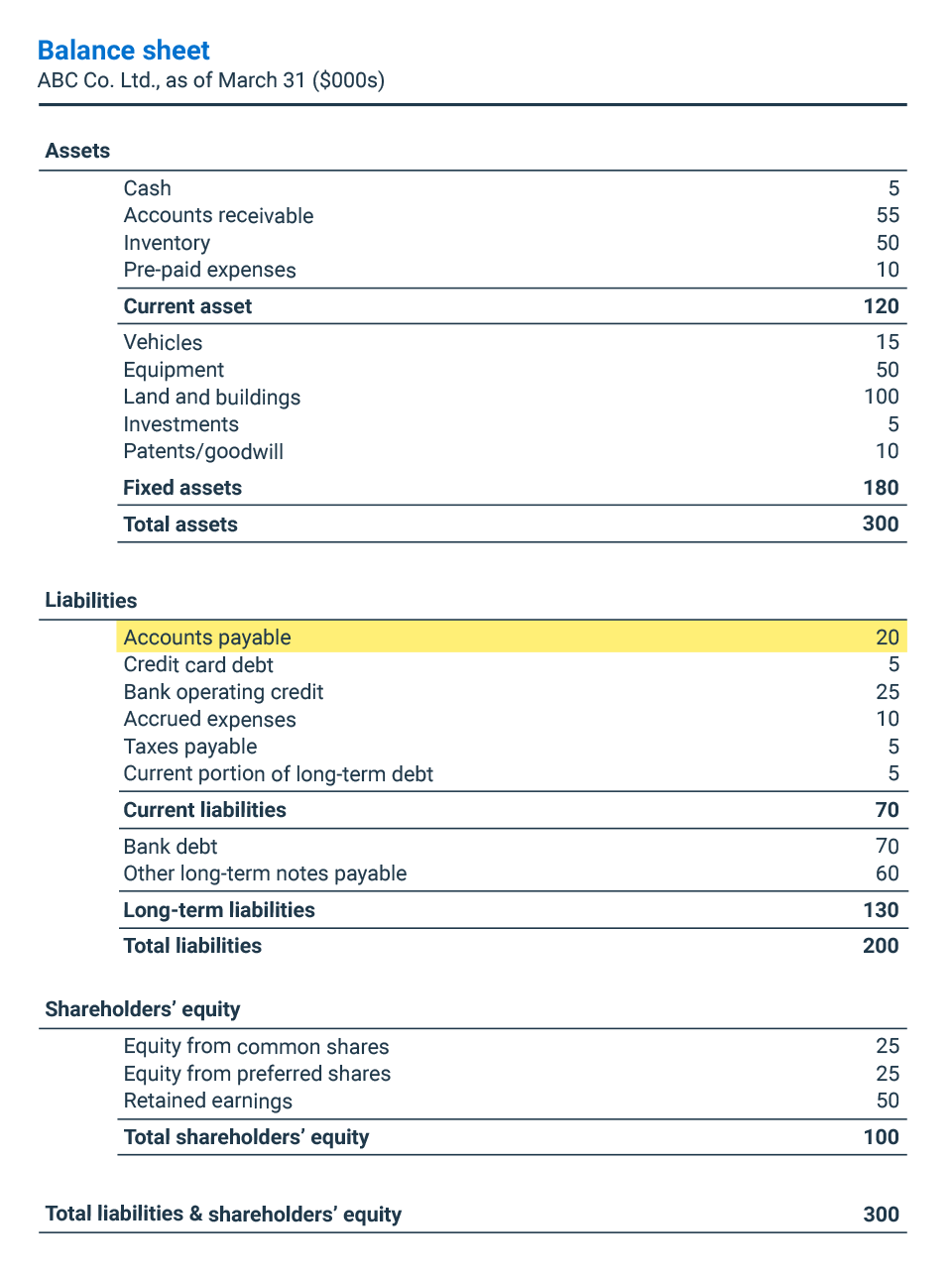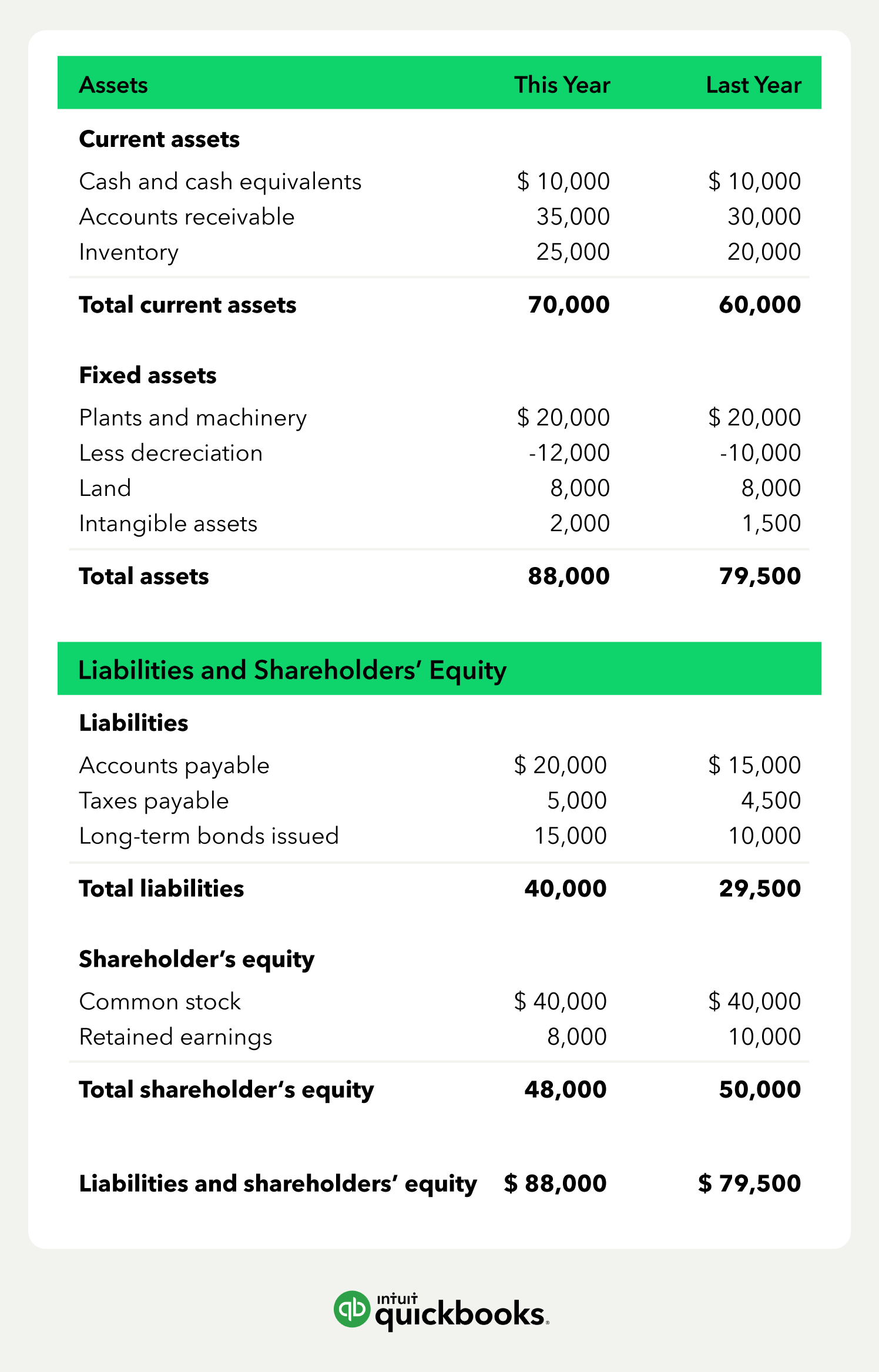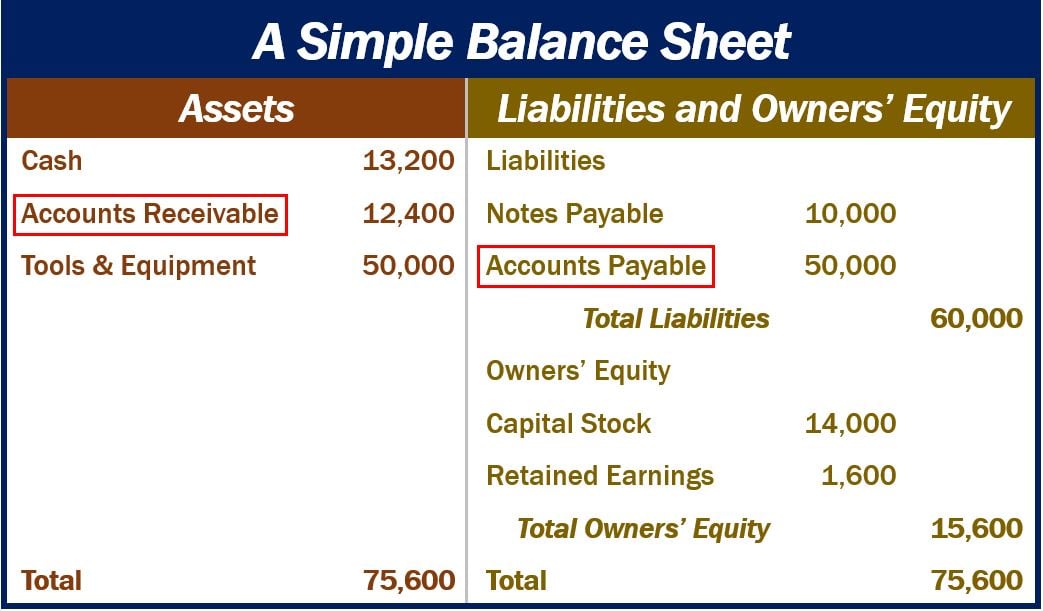What Is Accounts Payable On A Balance Sheet - Accounts payable are the amounts owed by a business to its vendors or creditors for goods or services purchased on credit. Accounts payableis a current liability recognized on the balance sheet to measure the unpaid bills owed to suppliers and. Accounts payable affects both the balance sheet, as a current liability, and the income statement, through the matching. When a company purchases goods and services from a supplier or creditor on credit that needs to be paid back quickly.
Accounts payable are the amounts owed by a business to its vendors or creditors for goods or services purchased on credit. When a company purchases goods and services from a supplier or creditor on credit that needs to be paid back quickly. Accounts payable affects both the balance sheet, as a current liability, and the income statement, through the matching. Accounts payableis a current liability recognized on the balance sheet to measure the unpaid bills owed to suppliers and.
Accounts payable are the amounts owed by a business to its vendors or creditors for goods or services purchased on credit. When a company purchases goods and services from a supplier or creditor on credit that needs to be paid back quickly. Accounts payableis a current liability recognized on the balance sheet to measure the unpaid bills owed to suppliers and. Accounts payable affects both the balance sheet, as a current liability, and the income statement, through the matching.
Bills Payable in Balance Sheet Double Entry Bookkeeping
When a company purchases goods and services from a supplier or creditor on credit that needs to be paid back quickly. Accounts payable are the amounts owed by a business to its vendors or creditors for goods or services purchased on credit. Accounts payableis a current liability recognized on the balance sheet to measure the unpaid bills owed to suppliers.
What are Accounts Receivable and Accounts Payable?
Accounts payableis a current liability recognized on the balance sheet to measure the unpaid bills owed to suppliers and. Accounts payable affects both the balance sheet, as a current liability, and the income statement, through the matching. Accounts payable are the amounts owed by a business to its vendors or creditors for goods or services purchased on credit. When a.
Accounts Receivable vs Accounts Payable
When a company purchases goods and services from a supplier or creditor on credit that needs to be paid back quickly. Accounts payable affects both the balance sheet, as a current liability, and the income statement, through the matching. Accounts payableis a current liability recognized on the balance sheet to measure the unpaid bills owed to suppliers and. Accounts payable.
How Do You Calculate Accounts Payable On A Balance Sheet at Sara Gosman
Accounts payable affects both the balance sheet, as a current liability, and the income statement, through the matching. When a company purchases goods and services from a supplier or creditor on credit that needs to be paid back quickly. Accounts payableis a current liability recognized on the balance sheet to measure the unpaid bills owed to suppliers and. Accounts payable.
Balance sheet example track assets and liabilities
When a company purchases goods and services from a supplier or creditor on credit that needs to be paid back quickly. Accounts payable are the amounts owed by a business to its vendors or creditors for goods or services purchased on credit. Accounts payableis a current liability recognized on the balance sheet to measure the unpaid bills owed to suppliers.
Accounts Payable (AP) What They Are and How to Interpret Pareto Labs
Accounts payable are the amounts owed by a business to its vendors or creditors for goods or services purchased on credit. Accounts payable affects both the balance sheet, as a current liability, and the income statement, through the matching. Accounts payableis a current liability recognized on the balance sheet to measure the unpaid bills owed to suppliers and. When a.
What are accounts payable? BDC.ca
Accounts payable affects both the balance sheet, as a current liability, and the income statement, through the matching. Accounts payable are the amounts owed by a business to its vendors or creditors for goods or services purchased on credit. Accounts payableis a current liability recognized on the balance sheet to measure the unpaid bills owed to suppliers and. When a.
How to Read & Prepare a Balance Sheet QuickBooks
When a company purchases goods and services from a supplier or creditor on credit that needs to be paid back quickly. Accounts payable are the amounts owed by a business to its vendors or creditors for goods or services purchased on credit. Accounts payable affects both the balance sheet, as a current liability, and the income statement, through the matching..
What is accounts receivable? Definition and examples
Accounts payable affects both the balance sheet, as a current liability, and the income statement, through the matching. Accounts payableis a current liability recognized on the balance sheet to measure the unpaid bills owed to suppliers and. When a company purchases goods and services from a supplier or creditor on credit that needs to be paid back quickly. Accounts payable.
What is accounts payable? Definition and examples
When a company purchases goods and services from a supplier or creditor on credit that needs to be paid back quickly. Accounts payableis a current liability recognized on the balance sheet to measure the unpaid bills owed to suppliers and. Accounts payable affects both the balance sheet, as a current liability, and the income statement, through the matching. Accounts payable.
Accounts Payableis A Current Liability Recognized On The Balance Sheet To Measure The Unpaid Bills Owed To Suppliers And.
When a company purchases goods and services from a supplier or creditor on credit that needs to be paid back quickly. Accounts payable affects both the balance sheet, as a current liability, and the income statement, through the matching. Accounts payable are the amounts owed by a business to its vendors or creditors for goods or services purchased on credit.

